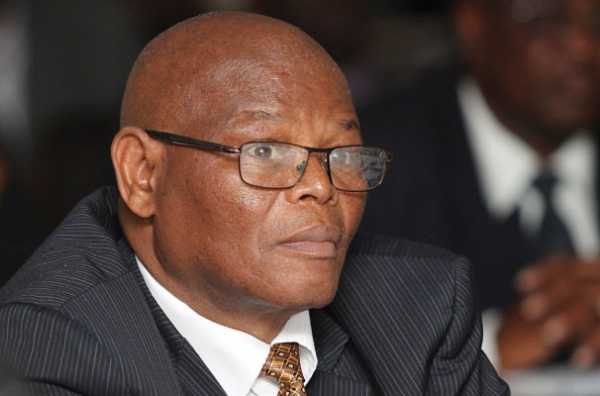HRDC ups the ante on tertiary institutions
Botswana is a diploma and degree saturated country, Acting Director of the Human Resource Development Council (HRDC) in the department of Statistics, Research, Development and Innovation Masego Mokubung has said.
The country, she said, has a small number of students enrolled at the level of Philosophy Degrees (PhD) in both public and private tertiary institutions. Of the total 94 PhD students, 89 are enrolled in public tertiary institutions and five in other colleges. Only five of the 94 students are locals while the rest are foreigners, she said.
Mokubung was giving highlights of the 2015 tertiary education statistics at the dissemination seminar between HRDC and Statistics Botswana (SB) held in Gaborone last Friday. She was particularly grieved by the small number of women studying engineering courses and enrolling in vocational training, considering that vocational education is a route students can take in order to self- employ.
HRDC’s acting head honcho Dr Patrick Molotsi, who is retiring at the end of this month, also urged tertiary institutions to do more in grooming their graduates. He said there are still some institutions that don’t abide by Tertiary Education Council rules thereby compromising students.
He expressed concern that lack of employment for graduates of tertiary institutions was still persisting, adding that they had partnered with Statistics Botswana to build precise statistics capable of informing policy and development processes. Statistics Botswana External Relations Manager Koontse Mokgwathi explained the importance of official statistics as to enable stakeholders formulate policies, plan and make decisions.
“SB guides against unnecessary overlapping in the collection of publication of the data and information for statistical purposes, this ensures maximum utilisation of existing information and resources of data collection available in the system for statistical purpose,” said Mokgwathi. Speaking on the number of students placed outside the country, Mokubung observed a significant decline.
She said that in 2014/15, 14 017 or 98.05 percent of tertiary education learners were placed in local institutions while 279 or 1, 95 percent of learners were placed externally. “It can be noted that external placement has been declining over the past ten years, this indicates that study in Botswana initiative is showing positive results that even cut costs for the government it allowed for sponsorships of more students locally rather than sponsoring a few students externally,” said Mokubung.






